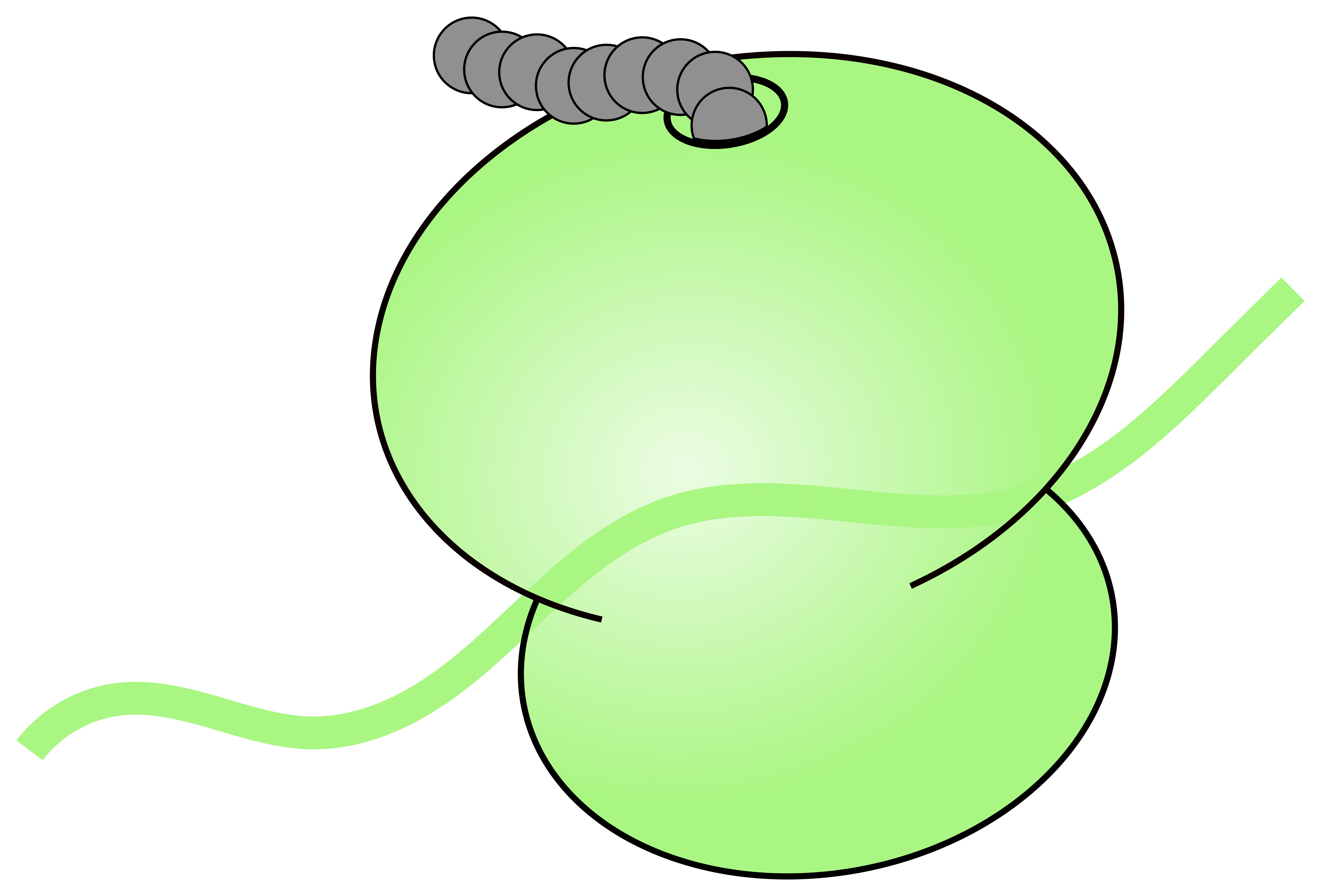Gene

Gene
ID CARD
ID
HGNC:17452
Aliases
AS3MT
CYT19,
ENSG00000214435,
HGNC:17452
NCBI:57412,
OFF:AS3MT
Chromosome
10
Transcripts
14 ORFs
1 known transcript
14 ORF to known transcript associations
|
MetamORF transcript ID The MetamORF ID of the transcript. This is an arbitrary ID that does not correspond to any official (Ensembl, NCBI...) transcript ID or external reference. |
Transcript ID
The official transcript ID (usually an Ensembl ID, e.g. ENST00000395565). |
Transcript name
The transcript name (e.g. MDK-202). |
Transcript biotype
The biotype of the transcript (as defined by Ensembl). |
ORFs
Display all the transcripts related to the entry. |
||||||||||||||||||||||||||||||||||||||||||||||||||||||||||||||||||||||||||||||||||||||||||||||||||||||||||||||||||||||||||||||||||||||||||||||||||||||||||||||||||||
| 898645 | ENST00000615257 | AS3MT-202 | protein_coding | |||||||||||||||||||||||||||||||||||||||||||||||||||||||||||||||||||||||||||||||||||||||||||||||||||||||||||||||||||||||||||||||||||||||||||||||||||||||||||||||||||||
|
||||||||||||||||||||||||||||||||||||||||||||||||||||||||||||||||||||||||||||||||||||||||||||||||||||||||||||||||||||||||||||||||||||||||||||||||||||||||||||||||||||||||
ORFs
14 ORFs
1 known transcript
14 ORF to known transcript associations
|
MetamORF ORF ID The MetamORF ID of the ORF. This is an unique ID referring to the ORF. |
ORF Length
The genomic length of the ORF (in bp). This length is defined as the sum of the lengths of each exon constituting the ORF (thus excluding its eventual introns) and includes both the start and the stop codons. |
Nucleic sequence The nucleic sequence of the ORF. |
Amino acid sequence The amino acid sequence of the ORF. |
Start codon
The start codon sequence of the ORF. |
ORF annotations
A comma-separated list of all the annotations computed by our algorithm for the ORF. This list includes the annotations computed for the ORF for all transcripts. See the section dedicated to ORF annotations in the advanced documentation for more details regarding the nomenclature we use. |
Cell types
A comma-separated list of all the cell types in which the ORF has already been identified. |
Transcripts
Display all the transcripts related to the entry. |
||||||||||||||||||||||||
| 2302511 | 105 |
TTG... |
LFL... |
TTG |
Alternative InCDS Overlapping sORF |
MDA-MB-231 | |||||||||||||||||||||||||
|
|||||||||||||||||||||||||||||||
| 898644 | 48 |
GTC... |
VPD... |
GTC |
Alternative Downstream sORF |
Jurkat | |||||||||||||||||||||||||
|
|||||||||||||||||||||||||||||||
| 2952720 | 60 |
GTG... |
VEV... |
GTG |
Alternative InCDS Overlapping sORF |
hES | |||||||||||||||||||||||||
|
|||||||||||||||||||||||||||||||
| 1314540 | 60 |
CTG... |
LHF... |
CTG |
Alternative InCDS Overlapping sORF |
HEK293,
hES,
MDA-MB-231
|
|||||||||||||||||||||||||
|
|||||||||||||||||||||||||||||||
| 1314542 | 51 |
GTG... |
VTL... |
GTG |
Alternative InCDS Overlapping sORF |
HEK293,
hES,
MDA-MB-231
|
|||||||||||||||||||||||||
|
|||||||||||||||||||||||||||||||
| 2302515 | 39 |
ATG... |
MPS... |
ATG |
Alternative InCDS Overlapping sORF Downstream NMD |
Brain_tumor,
HEK293,
HeLa,
HFF, MDA-MB-231 |
|||||||||||||||||||||||||
|
|||||||||||||||||||||||||||||||
| 2302509 | 39 |
ATG... |
MYL... |
ATG |
Alternative Downstream NMD sORF InCDS Overlapping |
Brain_tumor,
HEK293,
HeLa,
HFF, hES, MDA-MB-231 |
|||||||||||||||||||||||||
|
|||||||||||||||||||||||||||||||
| 1313815 | 33 |
GTG... |
VTL... |
GTG |
Alternative InCDS Overlapping sORF |
HEK293,
hES,
RPE-1
|
|||||||||||||||||||||||||
|
|||||||||||||||||||||||||||||||
| 2952722 | 54 |
GTG... |
VAE... |
GTG |
Alternative InCDS Overlapping sORF |
hES | |||||||||||||||||||||||||
|
|||||||||||||||||||||||||||||||
| 2952726 | 45 |
CTG... |
LSF... |
CTG |
Alternative InCDS Overlapping sORF |
hES | |||||||||||||||||||||||||
|
|||||||||||||||||||||||||||||||
| 1314544 | 120 |
TTG... |
LEL... |
TTG |
Alternative Downstream Overlapping sORF |
HEK293,
hES,
MDA-MB-231,
RPE-1 |
|||||||||||||||||||||||||
|
|||||||||||||||||||||||||||||||
| 2302513 | 99 |
CTG... |
LQH... |
CTG |
Alternative InCDS Overlapping sORF |
MDA-MB-231 | |||||||||||||||||||||||||
|
|||||||||||||||||||||||||||||||
| 1313813 | 42 |
CTG... |
LHF... |
CTG |
Alternative InCDS Overlapping sORF |
HEK293,
hES,
RPE-1
|
|||||||||||||||||||||||||
|
|||||||||||||||||||||||||||||||
| 2302517 | 33 |
ATG... |
MEE... |
ATG |
Alternative InCDS Overlapping sORF |
hES, MDA-MB-231 | |||||||||||||||||||||||||
|
|||||||||||||||||||||||||||||||
Export data
